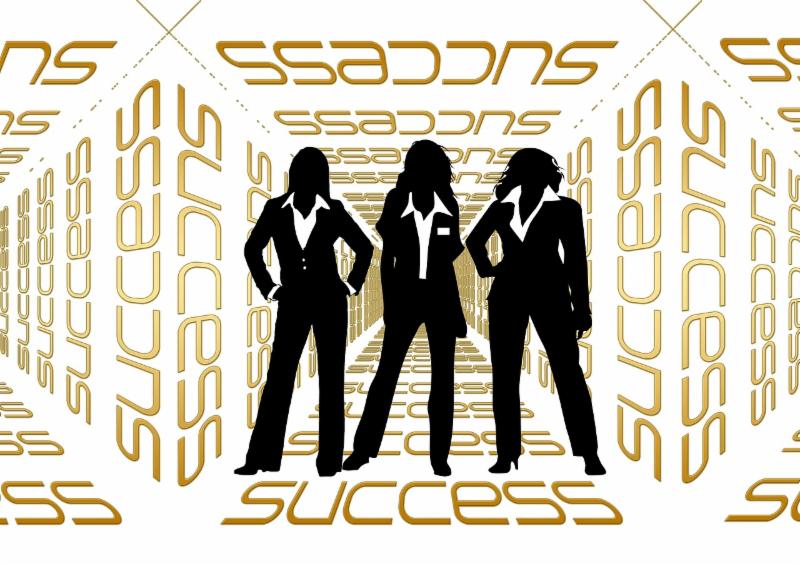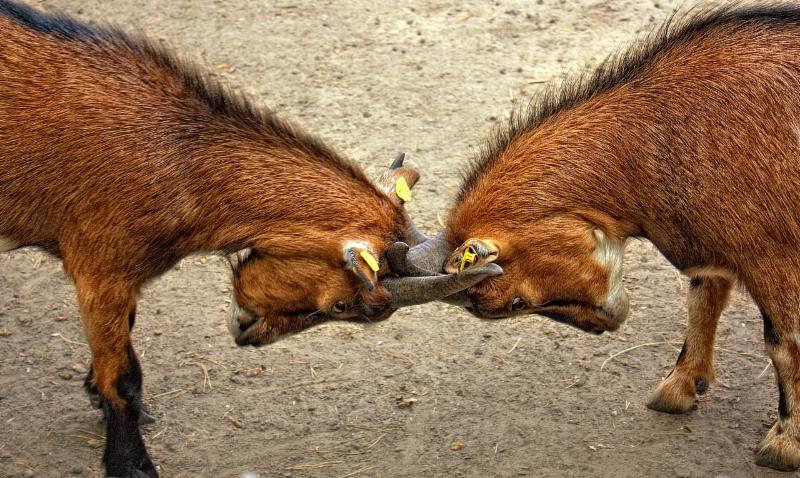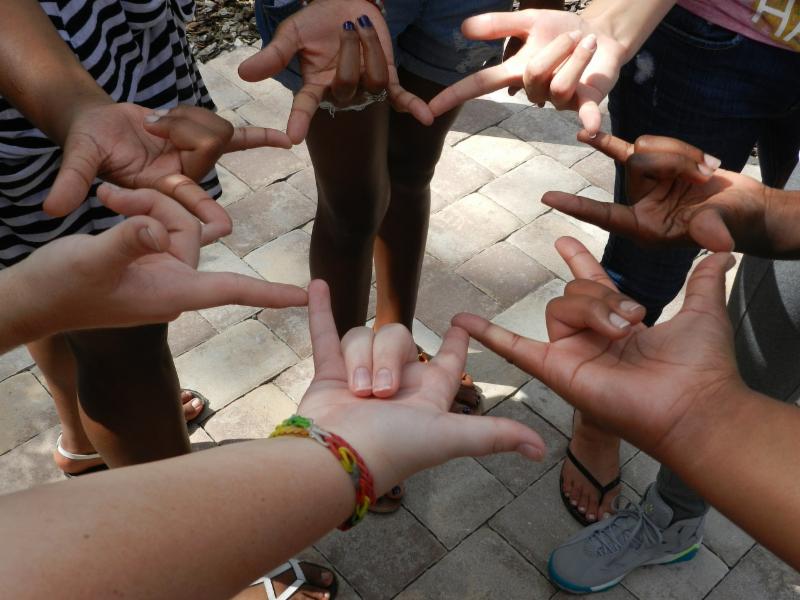We humans are a relational species. Meaning the majority of humans desire social activities and seek others to hang out with. We like having friends and people to enjoy life with.
 When we create groups, however, inevitably the pecking order begins to establish itself. Someone always seems to have a higher rank with the majority of power and influence. This could be due to their intelligence, charisma, leadership skills, brute strength, greater athletic abilities, creative talents, etc. And leaders can vary from group to group depending on its nature and interests. Sometimes leadership can even migrate between members based on the traits most valued at any one time.
When we create groups, however, inevitably the pecking order begins to establish itself. Someone always seems to have a higher rank with the majority of power and influence. This could be due to their intelligence, charisma, leadership skills, brute strength, greater athletic abilities, creative talents, etc. And leaders can vary from group to group depending on its nature and interests. Sometimes leadership can even migrate between members based on the traits most valued at any one time.
This ‘ranking’ within groups has both a positive and negative impact. When people are at the top of the pecking order, they tend to be confident with a high sense of self-worth while wielding their power and influence. On the converse, people at the bottom of the pecking order often experience powerlessness, defeat, insufficiency, embarrassment, and shame which can lead to depression and apathy.
On the positive side, ranking within groups helps us to know our place in the group and offers a sense of security. Healthy competitiveness can lead to innovations and improvements.  This is the healthy masculine aspect of group dynamics. Our ability to connect, bond or ‘link’ with others enables us to have companions we can know, like, trust, and even help, care for, or be of service to. This would be considered more the healthy feminine aspect of group dynamics. The focus here is about nurturing the human connection in groups.
This is the healthy masculine aspect of group dynamics. Our ability to connect, bond or ‘link’ with others enables us to have companions we can know, like, trust, and even help, care for, or be of service to. This would be considered more the healthy feminine aspect of group dynamics. The focus here is about nurturing the human connection in groups.
 This is the healthy masculine aspect of group dynamics. Our ability to connect, bond or ‘link’ with others enables us to have companions we can know, like, trust, and even help, care for, or be of service to. This would be considered more the healthy feminine aspect of group dynamics. The focus here is about nurturing the human connection in groups.
This is the healthy masculine aspect of group dynamics. Our ability to connect, bond or ‘link’ with others enables us to have companions we can know, like, trust, and even help, care for, or be of service to. This would be considered more the healthy feminine aspect of group dynamics. The focus here is about nurturing the human connection in groups.
Most humans like sharing concerns and successes, as well as doing things for each other. A sense of altruism, or selfless love for others, is a good thing. As a matter of fact, groups with a higher number of altruistic personalities actually fair better than those with lower numbers.
Groups help to ensure survival and provide a sense of well-being. They provide a format for the transfer of knowledge and offer greater protection. Importantly, groups can actually help keep selfishness and greed in check. It’s the personality traits such as envy, jealousy and excessive feelings of competitiveness that create most problems within groups. Even in hunter/gatherer societies the successful hunters would distribute large portions of their kill to other members of their clan. This ensured that the elderly, orphans, and widows would eat and survive. As a matter of fact, a hunter would be shamed if they didn’t share their kill.
How do you show up in a group?
Are you the leader type? If so, do you lead from an altruistic mindset that considers the best for the entire group? Do you lead without a need to always be the number one honcho? Do you make room for talented members to grow and develop their own leadership skill? Do you encourage others to contribute their gifts, whatever they might be?
Or are you the mediator that seeks harmony, and the right for everyone to have their input and get their needs met? Or do you possess natural teaching abilities, often seeking out those whom you can mentor? Or are you the quiet doer in the group that keeps things moving? Or do you strive to be the center of attention often monopolizing the conversation? Or do you sit on the sidelines harboring feelings of envy, jealousy, or inadequacy?
 We all have roles that we naturally gravitate to. How we show up in these roles is crucial. If groups are focused only on competitiveness and ranking, there is sure to be conflict, fragmentation, and dysfunction. A successful group with productive and happy members needs a fair share of connection, or linking opportunities, that contributes to a group’s stability and cohesiveness.
We all have roles that we naturally gravitate to. How we show up in these roles is crucial. If groups are focused only on competitiveness and ranking, there is sure to be conflict, fragmentation, and dysfunction. A successful group with productive and happy members needs a fair share of connection, or linking opportunities, that contributes to a group’s stability and cohesiveness.
As someone who has led many groups, I’ve observed the dynamics within groups. The groups that I have found to be successful are the ones in which members have a commitment to the group, for sure. There is also, however, a commitment between members to be in right relations. That means being aware of your own reactive feelings of jealousy, envy, attention seeking, inadequacy, etc., AND TO SELF-CORRECT!
 We will always have our egoic self with us that descends into the less attractive and reactive states. Remembering that the choice to go down those dark alleys is up to each one of us can help us avoid those pitfalls that destroy group cohesiveness. Groups thrive when there is support and encouragement for each member to be the best they can be, while still offering compassion and concern when a member is going through a rough time.
We will always have our egoic self with us that descends into the less attractive and reactive states. Remembering that the choice to go down those dark alleys is up to each one of us can help us avoid those pitfalls that destroy group cohesiveness. Groups thrive when there is support and encouragement for each member to be the best they can be, while still offering compassion and concern when a member is going through a rough time.
How do you show up in a group? If you are secretly harboring feelings of inadequacy, envy, jealousy, excessive competitiveness, or of needing to be the center of attention, then give me a call for a complimentary 30-minute consultation. It is possible to learn how to work with and re-channel those energies so that you can get your needs met and feel more connected to others. Call Joy at 415-819-8769 or email TODAY!
